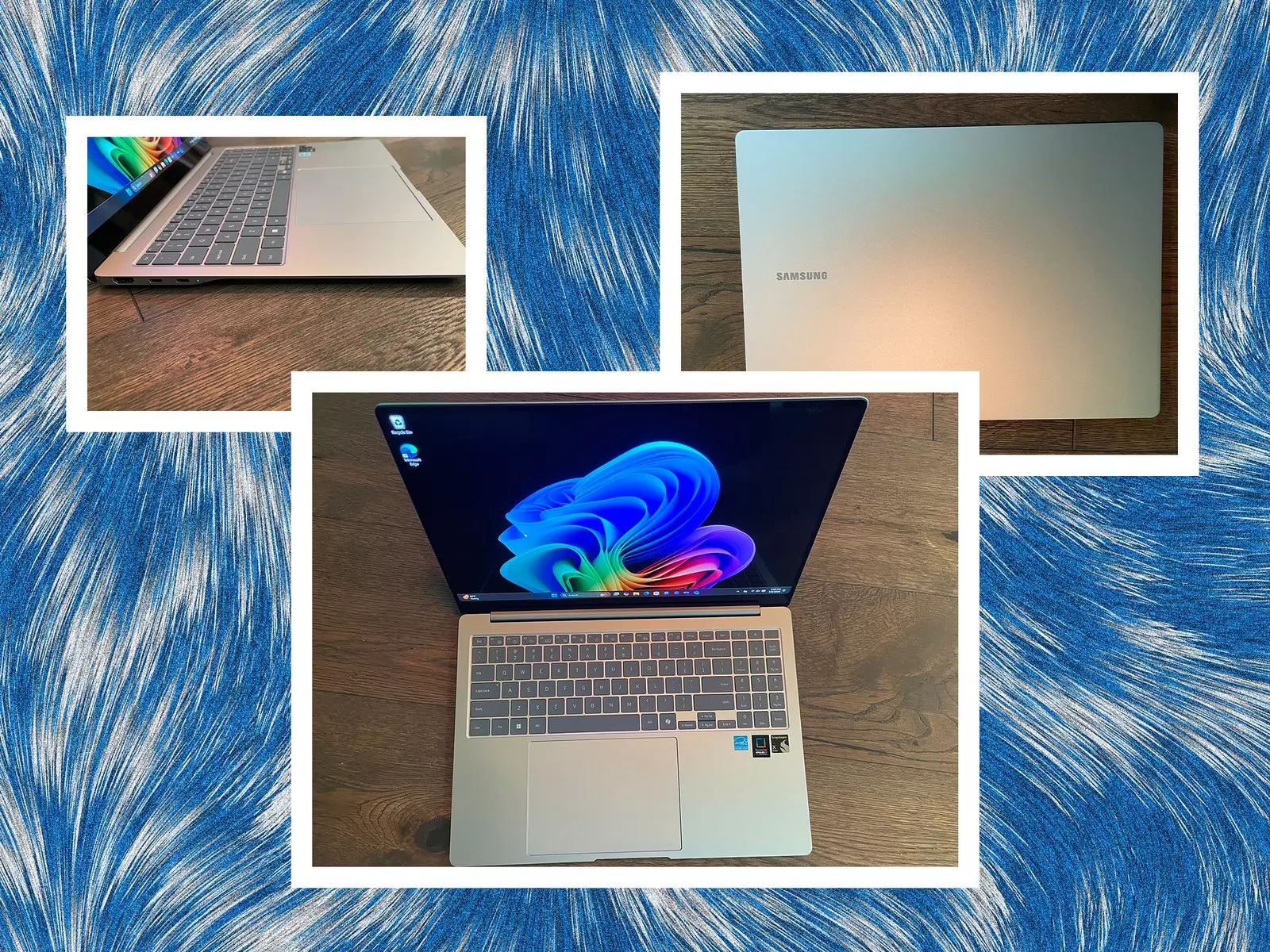The advent of Copilot+ PCs marks a noteworthy shift in the laptop market, leveraging ARM architecture to provide a compelling blend of performance and efficiency. These machines are well adept at handling essential business applications, such as Microsoft Office and web browsers, which has led many users to view them as viable alternatives to their Intel and AMD counterparts. However, while they boast impressive benchmarks and remarkable battery life, they come with a complex array of compatibility challenges tied to their ARM foundation.
One of the most lauded features of Copilot+ PCs is their ability to deliver exceptional performance, often eclipsing similarly priced x86 laptops. This is largely attributed to the efficiency of ARM processors, which not only enhance computational speeds but also boon battery longevity. Users can relish extended working hours without the anxiety of frequent recharges, making these devices particularly appealing for professionals on the go. As a result, Copilot+ PCs are becoming increasingly popular among business professionals who prioritize portability without compromising on performance.
Despite their advantages, the Copilot+ PCs grapple with significant compatibility issues that stem from the historical dominance of x86 architecture in the Windows ecosystem. Software that has been developed over decades is entrenched in x86 code, necessitating a significant overhaul for compatibility with ARM. While Microsoft’s Prism emulator has made strides in bridging this divide, it is not a panacea. Consequently, some applications, particularly those that are GPU-intensive or niche-specific, either fail to run or perform poorly under emulation.
Additionally, there is a dearth of resources to effectively guide users on application compatibility. This absence can foster uncertainty as users navigate through the minefield of application support. Mainstream tools, such as Google Drive for Desktop and various benchmarks, often run into walls when employed on ARM systems, complicating performance assessments compared to traditional laptops.
For enthusiasts of gaming or those engaged in graphic-intensive tasks like video editing, Copilot+ PCs present a notable limitation. The integrated Snapdragon GPU, while efficient for everyday tasks, falls short of the performance standards set by AMD and Intel’s discrete graphics solutions. This pronounced deficiency means that users seeking a robust gaming experience or those whose work relies on GPU capabilities would be better served by sticking to either Intel or AMD options when they become available in the Copilot+ lineup.
In an era where artificial intelligence is reshaping technology, Copilot+ PCs come packed with a range of AI-driven features that provide substantial utility. The Live Translate function, for instance, has been praised for its effectiveness, enhancing the user experience significantly. However, not every feature has resonated equally; some AI functionalities may be perceived as superfluous. The balance between innovative utility and privacy concerns, particularly regarding features like Recall, will ultimately influence user adoption and satisfaction.
While Copilot+ PCs present an enticing option for users seeking a lightweight laptop with impressive battery life, potential buyers must thoughtfully consider their specific needs and usage scenarios. The device excels in everyday applications and boasts commendable performance, but it is hampered by application compatibility woes and a lackluster graphics performance. As the market continues to evolve, with Intel and AMD likely set to join the Copilot+ lineup, consumers may soon find solutions to these current limitations. For now, those who can balance processors’ strengths against their constraints will gain the maximum benefit from this new class of computing devices. The careful evaluation of features against personal requirements remains essential for an informed purchasing decision.

